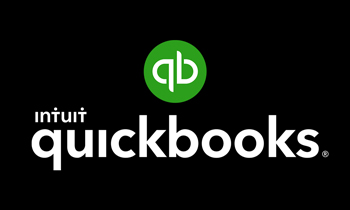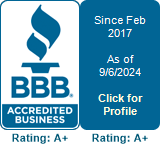How Your Social Security Survivorship Benefit Affects Your Life Insurance Needs
Submitted by UDALL CPA Group on March 15th, 2018Generally speaking, conversations about life insurance revolve around whether you should buy term or permanent insurance. However, every decision to buy life insurance begins with deciding what is the right amount of life insurance. And, integral to determining the right amount of life insurance is understanding the role of your Social Security Survivorship Benefit (SSSB).
What is the Social Security Survivorship Benefit?
If you qualify for Social Security and pass away, a SSSB may provide a stream of monthly income to your widow, widower, and/or children. Simply stated, your SSSB is another form of life insurance. After all, like life insurance, you pay a premium for it in exchange for a benefit to be paid to your beneficiary at your death.
But understanding how you qualify, who will be paid, and how long and how much they will be paid, requires careful planning. Let’s start with who will be paid.
What will your children receive?
A SSSB benefit is payable to your unmarried natural children until they reach age 18 or are full time students up to age 19 and two months in elementary or secondary school.
In some cases, stepchildren, grandchildren, step grandchildren or adopted children may receive benefits.
Their benefit ranges from 150% to a maximum of 180% of your Social Security Retirement Benefit. If the cumulative amount payable to all family members exceeds this limit, the benefit will be reduced.
What will your widow or widower receive?
Your widow or widower (including common law) who provides care for your children receives a SSSB based on your benefit and it is payable until the children reach age 16. Should your widow or widower be gainfully employed, the benefit would be adjusted based on his/her annual income.
Once the children reach age 16, the widow or widower must wait until age 60 to begin collecting again. A reduced benefit would be paid beginning at age 60 or a full benefit would be paid at full retirement age.
The SSSB for widows or widowers would not be affected if he/she remarries after age 60.
How does my SSSB affect the amount of life insurance I should own?
Here’s a simple example of how your SSSB can affect the amount of life insurance you need. Based on your life insurance review excluding SSSB, you determine that your beneficiaries need an additional $1,000 per month of income. To bridge that gap with life insurance, they would need a $300,000 death benefit earning 4%. However, you learn that they qualify for a $1,000 SSSB monthly benefit and therefore you would not need to purchase the extra $300,000 of life insurance.
How do I determine what my children, widow, or widower would receive?
Your benefits are paid based on your qualified earnings and that amount changes each year based on your income. To determine your benefit and the SSSB for your beneficiaries, it may be helpful to work with an advisor with extensive Social Security knowledge. Or, you can access general and personal information at the Social Security Administration website (www.SSA.gov) or call your local Social Security office.
*This content is developed from sources believed to be providing accurate information. The information provided is not written or intended as tax or legal advice and may not be relied on for purposes of avoiding any Federal tax penalties. Individuals are encouraged to seek advice from their own tax or legal counsel. Individuals involved in the estate planning process should work with an estate planning team, including their own personal legal or tax counsel. Neither the information presented nor any opinion expressed constitutes a representation by us of a specific investment or the purchase or sale of any securities. Asset allocation and diversification do not ensure a profit or protect against loss in declining markets. This material was developed and produced by Advisor Websites to provide information on a topic that may be of interest. Copyright 2014-2018 Advisor Websites.



